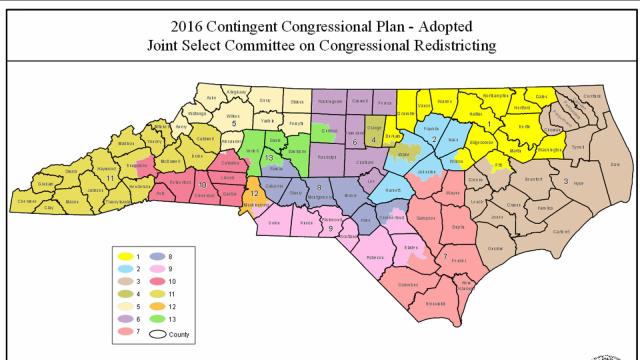More than 300 national experts and advocates for redistricting and gerrymandering reform gathered at Duke’s Penn Pavilion Jan. 25-26 to move forward toward a bipartisan consensus on redistricting.
Continue Reading Looking for a Way Forward on Redistricting Reform
Comments closed









